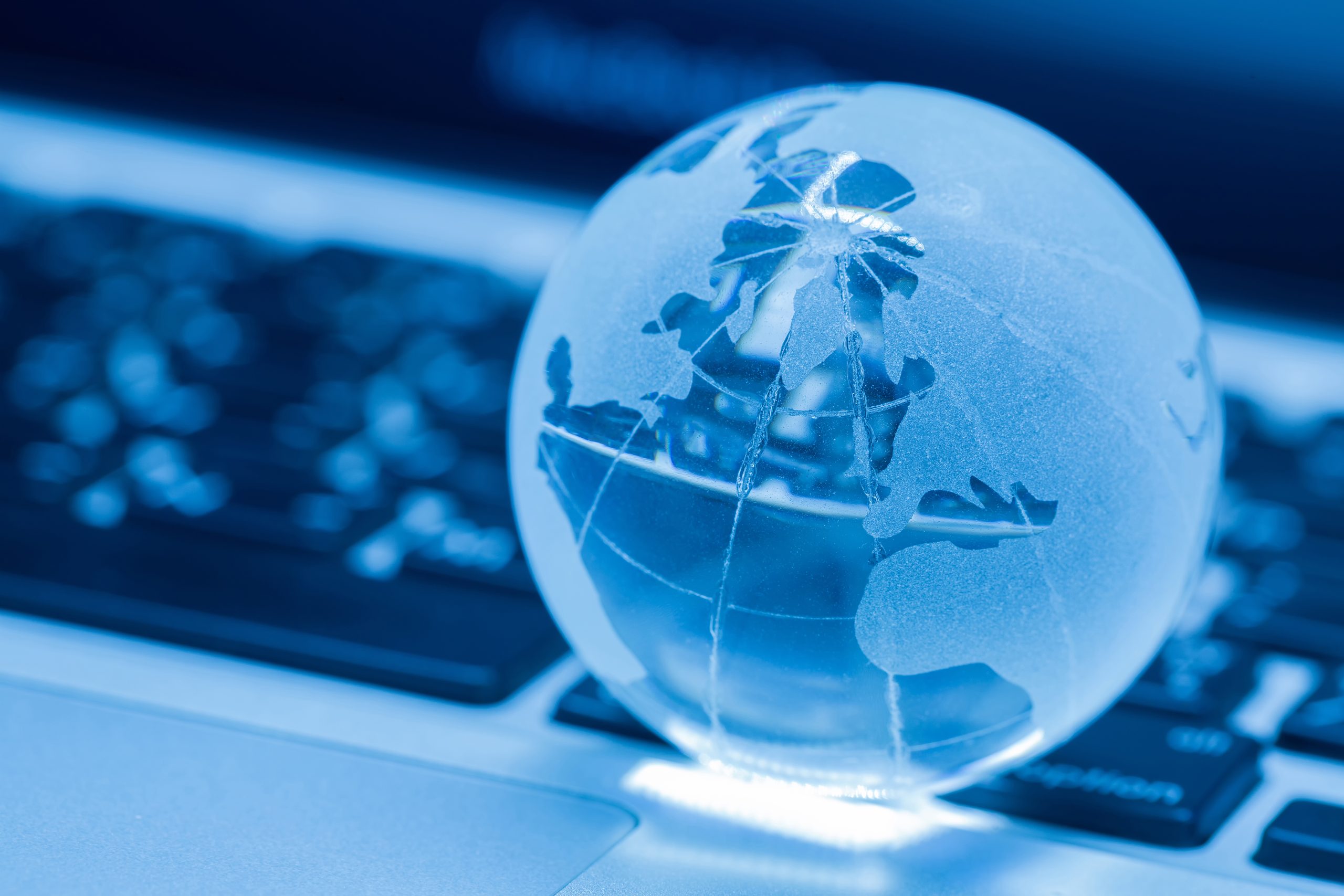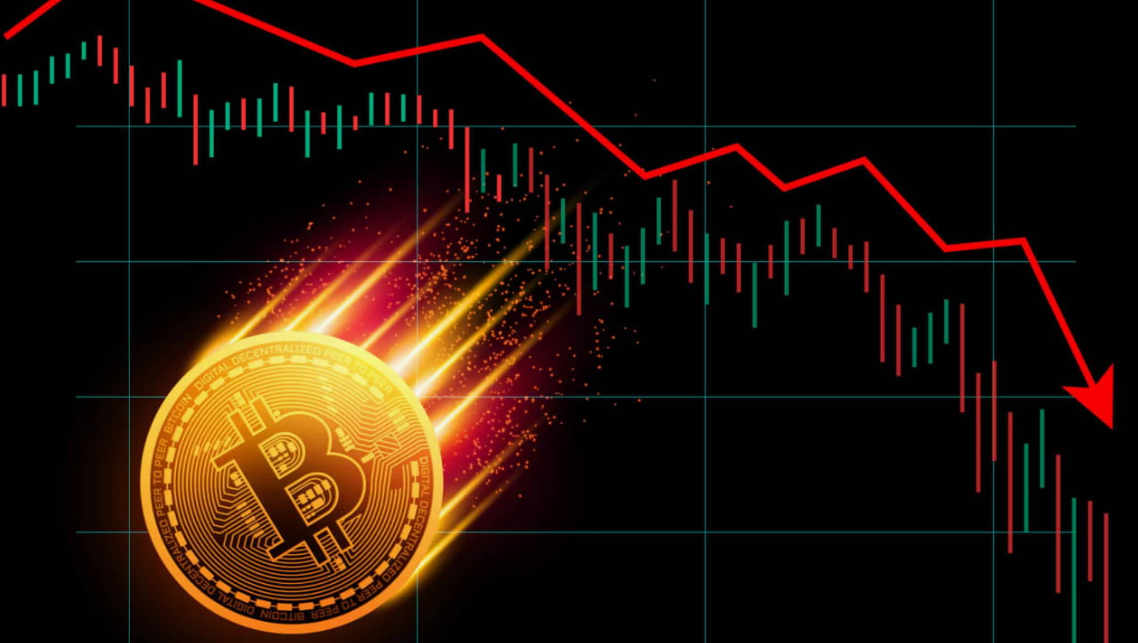Artificial Intelligence (AI) and automation are not just buzzwords anymore—they’re reality. They’re changing the way we work, shop, and even think about jobs. But what does this mean for global labor markets? Are we heading toward a tech-driven utopia, or will jobs disappear faster than we can adapt? Let’s dive in and see how AI and automation are shaking things up.
What’s the Big Deal About AI and Automation?
AI and automation are everywhere now. From self-checkout machines in stores to advanced algorithms trading stocks in milliseconds, technology is taking over tasks that used to require humans. It’s fascinating, but also a bit scary, right?
1. Boosting Productivity
AI can handle repetitive tasks faster and more accurately than humans. For example, companies using AI-powered systems like those found on Fxpricing.com can analyze market data in real-time, saving hours of manual work.
2. Changing How We Work
Automation is also shifting the types of jobs available. Think about it—while some roles are disappearing, new ones are emerging. We now need more data analysts, software developers, and AI specialists.
How AI and Automation Are Impacting Labor Markets
The global labor market is going through a huge transformation, and it’s not slowing down anytime soon. Here’s how it’s happening:
1. Job Displacement
Let’s be real: Some jobs are at risk. Roles that involve repetitive tasks, like manufacturing or data entry, are increasingly automated. But it’s not all bad news! Many industries are creating new jobs that didn’t exist a decade ago.
2. Skill Upgrades
Workers need to upskill to stay competitive. For instance, traders and brokers who rely on financial data must learn how to use advanced tools like those offered by Fxpricing, which integrate automation to provide better insights.
3. Globalization of Talent
AI doesn’t just change how we work—it changes where we work. Remote jobs and gig work are booming because automation makes it easier to collaborate across borders.
Industries Most Affected by AI and Automation
AI and automation are transforming some industries more than others. Let’s take a closer look at where the biggest changes are happening:
1. Finance and Trading
In finance, automation is king. Platforms like Fxpricing.com allow investors and brokers to access live forex, crypto, and stock data instantly. AI algorithms are even making trading decisions faster than any human could.
2. Manufacturing
Robots on assembly lines are nothing new, but today’s automation tech is smarter. Machines now perform complex tasks like quality control and precision assembly.
3. Retail
Self-checkout kiosks, inventory tracking systems, and personalized shopping experiences powered by AI are reshaping how we shop.
4. Healthcare
From diagnostic tools to robotic surgeries, AI is helping doctors deliver faster and more accurate care.
Opportunities in the Age of Automation
It’s easy to focus on the jobs that might be lost, but let’s not ignore the incredible opportunities AI and automation create:
1. New Job Roles
AI development, cybersecurity, and data science are just a few areas where demand is skyrocketing.
2. Increased Efficiency
Companies using automation can save time and money, passing some of those benefits on to workers and customers.
3. Better Decision-Making
Tools like Fxpricing use AI to analyze trends and provide actionable insights, empowering professionals to make smarter decisions.
Challenges We Can’t Ignore
Of course, it’s not all sunshine and rainbows. There are real challenges we need to address as AI and automation continue to grow:
1. Inequality
Not everyone has access to the education or training needed to work with AI. This could widen the gap between high- and low-income workers.
2. Ethical Concerns
From bias in algorithms to the ethical use of automation in hiring or policing, we need to keep a close eye on how AI is used.
3. Job Security
Even skilled workers may worry about being replaced. That’s why staying updated with tools like Fxpricing is crucial for professionals who want to remain relevant.
How to Prepare for an Automated Future
Don’t panic—prepare. Here are some practical steps to thrive in a world dominated by AI and automation:
- Upskill Regularly: Learn to work with technology rather than fear it. Take courses on AI, coding, or data analysis.
- Embrace Tools Like FXpricing: Stay ahead in your industry by leveraging platforms that provide real-time data and insights.
- Focus on Creativity: Machines can’t replicate human creativity or empathy. Jobs that rely on these skills are less likely to be automated.
- Stay Adaptable: Be ready to pivot and explore new industries if your current role is at risk.
Why FXpricing Is Essential in the Age of AI
If you’re in finance, investing, or trading, you need tools that can keep up with AI-driven markets. That’s where FXpricing comes in. Here’s what makes it stand out:
- Real-Time Data: Access live forex, cryptocurrency, and stock rates instantly.
- Customizable Dashboards: Track what matters most to you, whether it’s commodities or market trends.
- API Integration: Automate your workflows and save time with seamless integration into trading platforms.
- Economic Calendar: Never miss important events that could impact your decisions.
FXpricing is your go-to resource for navigating the fast-changing global financial markets.
FAQs
1. How is AI impacting global labor markets?
AI is changing the types of jobs available by automating repetitive tasks while creating new opportunities in tech and data-focused roles.
2. What industries are most affected by automation?
Finance, manufacturing, retail, and healthcare are seeing the biggest changes due to automation.
3. Will AI completely replace human jobs?
Not completely. While some jobs will disappear, new roles requiring creativity, problem-solving, and tech skills will emerge.
4. How can I prepare for an automated future?
Upskill in areas like AI, data science, and technology. Use tools like Fxpricing to stay ahead in your field.
5. Why is FXpricing important for financial professionals?
FXpricing provides real-time data, market insights, and automation tools that help traders and investors make smarter decisions in a fast-moving market.





